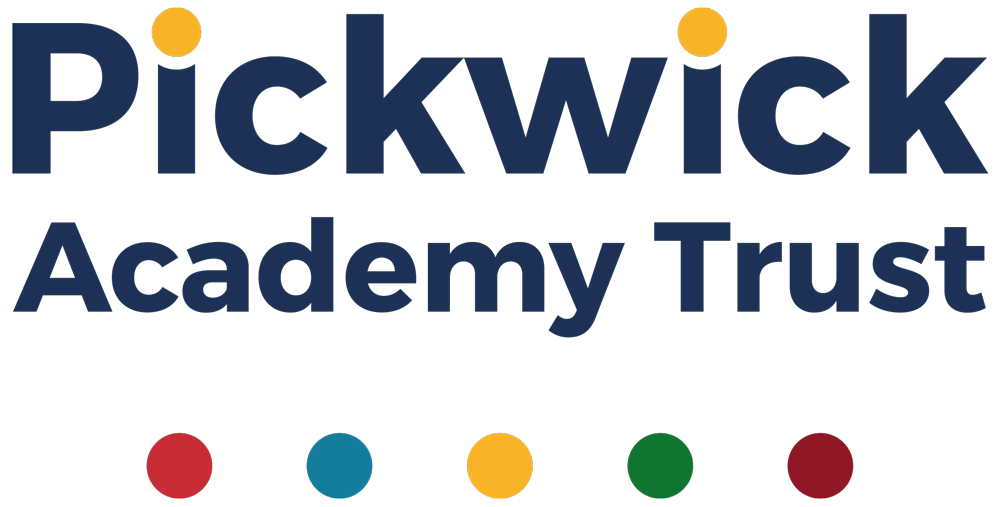Computing
Technology is changing the lives of everyone globally. Through teaching computing education across our school, we inspire & equip the next generation to participate in the rapidly changing world, where work and leisure activities are increasingly transformed by technology. Computing skills and computational thinking are a major factor in enabling children to become resilient, creative and critical digital citizens, understanding their role and responsibilities in the digital landscape.
Computing at Ivy Lane is taught through a scheme of learning called Kapow!
IMPLEMENTATION
- Empowering children to be responsible, confident and creative users of technology, and can apply computational thinking beyond the Computing curriculum.
- Supporting children to become digitally literate and are active participants in a digital world.
- Ensuring that children know how to stay safe whilst using technology and on the internet, minimising risk to themselves and others.
This is achieved through activities such as:
- Creating E-Safety rules that the children know and understand so they know who to contact if they have concerns, including the use of report buttons.
- Giving lots of opportunities for children to write computer programs in order to solve problems, including logic & algorithms.
- Discussions surrounding data collection, analysis, evaluation and finally presenting the data and information.
- Exploring how digital networks work & the services they provide.
- Using a range of search options effectively; understanding the need to evaluate the relevance of content.
EARLY YEARS
In Early Years, children are exposed to a range of technology including a Cubetto, iPads, Beebots, walkie talkies and remote controlled toys. They are supported to select and use technology for particular purposes, i.e. deciding which item of technology would be best for taking a picture etc. Throughout Reception, we have regular discussions about what technology we can find in different places, i.e. at home and at school, and how they are used.
KEY STAGE 1
In Key Stage 1, the children begin the year learning how to use technology safely and respectfully so that they keep personal information private and know where to go for help when they do not feel safe. Throughout Key Stage 1, children continue to use a range of technology and start to understand what algorithms are, how they are implemented and how they control programs through clear instructions. They are given opportunities to create and debug simple programs and are taught how to use logical reasoning to predict the behaviour of simple programs. This ensures that children are shown how to use technology purposefully and recognise how technology is used in the wider world.
KEY STAGE 2
In Key Stage 2, initially it is focussed around online safety and ensuring that children recognise acceptable/ unacceptable behaviour online and know how to report concerns about content and contact. Once we are sure that the children know how to use technology safely and respectfully, they are taught to understand how computer networks work, use different search technologies and use a variety of different software for different purposes. This enables the children to design, write and debug programs that accomplish specific goals, including controlling or simulating physical systems or solving problems by decomposing them into smaller parts. They will also learn how to use sequence, selection, and repetition in programs and work with variables and various forms of input and output. Alongside this, they will be encouraged to use logical reasoning to explain how some simple algorithms work, identify errors in algorithms and programs, and correct some of these errors.





